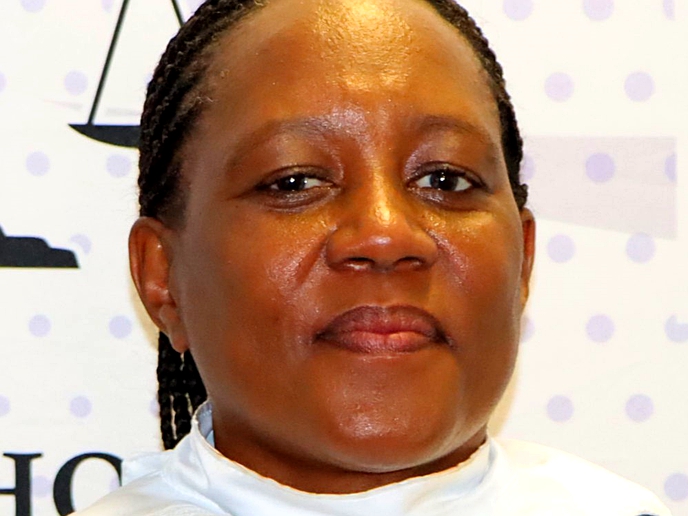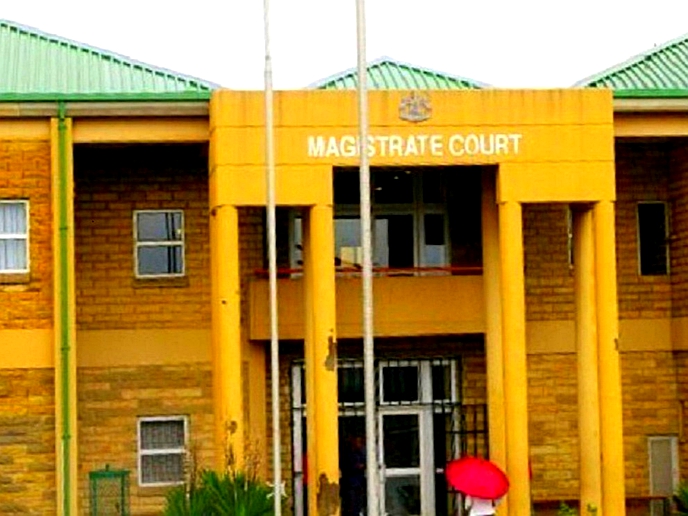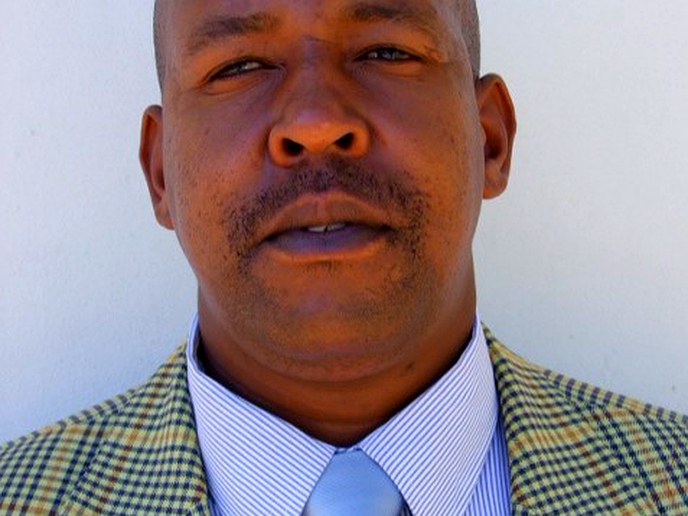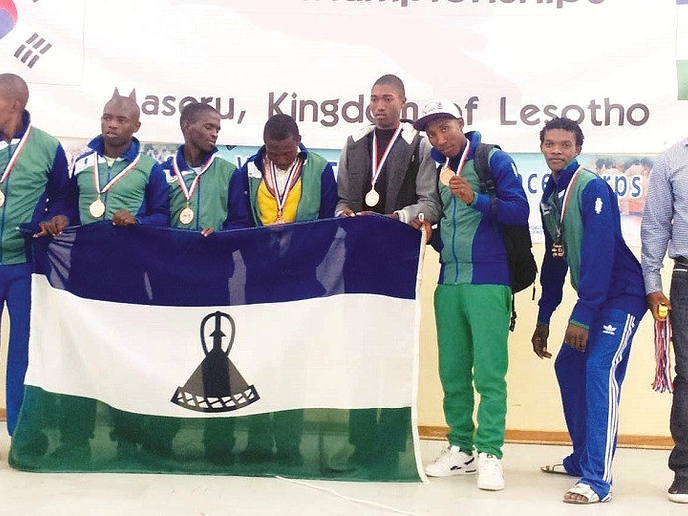AMID chuckles and bonhomie, President Cyril Ramaphosa, over two days, took control of the optics to do some damage control for the governing ANC at the State Capture Commission. Staying on message, Ramaphosa played the reasonable man.
news
May 1, 2021
STAFF REPORTER
7 min read
Number one goes to Zondo
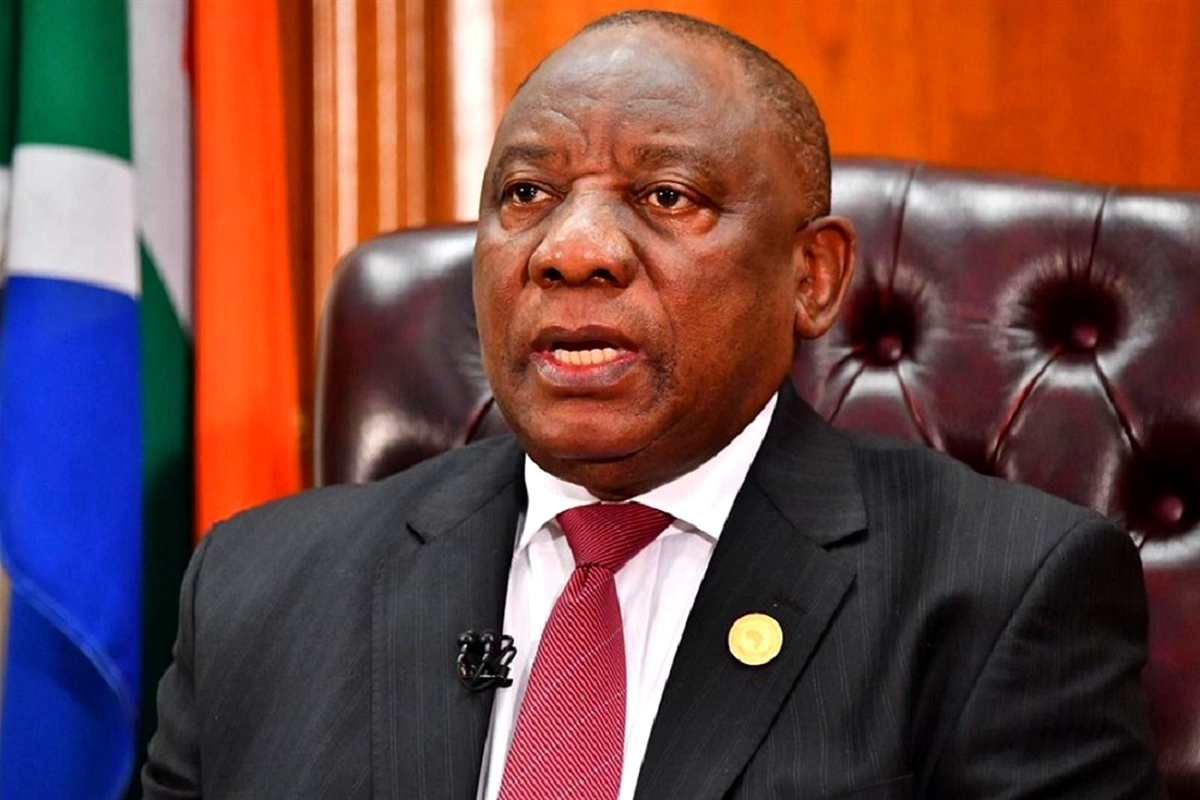
SA President Cyril Ramaphosa
Controlling the optics is what President Cyril Ramaphosa does. And he does it graciously, even under the pressure of awkward and uncomfortable questions. He’s had plenty of practice, given the raucous opposition benches during the Q&As in the House.
For the ANC, the past two days’ testimony by its president was crucial to try to, if not undo, then at least soften the damage done by its failure to decisively act against State Capture.
And Ramaphosa did that.
Some of the softening came from him making concessions of ANC “lapses” and “delays” — note, not errors or miscalculations — all suitably qualified with phrases like, “in hindsight”. Some of it came from his acknowledging that things could have been done better, while insisting nothing was done maliciously, only slowly. And some of it came from him pledging to do better.
His appearance signalled voluntary compliance with law and structures like the State Capture Commission — in stark contrast to ex-president Jacob Zuma, who’s facing a possible jail term for contempt of the commission.
Acknowledging “total system failure” was the reasonable thing to do in the face of state-owned entities (SOEs) like Eskom and SAA being decimated by State Capture, facilitated by the appointment of politically selected executives.
“We acknowledge that some of these things did happen. Yes, things went horribly wrong, but we are here to correct that,” said Ramaphosa on Wednesday when the ANC’s deployment policy was under scrutiny.
Acknowledging “delays” between 2011 and 2017 in parliamentary oversight on State Capture was the reasonable turn, particularly as the ANC has accepted that public backlash over State Capture and corruption cost it support in the 2016 municipal elections, including the loss of Johannesburg, Tshwane and Nelson Mandela Bay Metro.
“Where you could say there was fault, it was the delay [on parliamentary oversight],” said Ramaphosa on Thursday. “I am also here to explain some of the lapses. What I can say, Deputy Chief Justice, you are absolutely right in saying the delayed reaction was not a correct way to handle matters. And I will concede that.”
Unable to dodge the CR17 campaign funding controversies, Ramaphosa maintained that what was raised was “some R300-million or so, but never R1-billion” for campaign necessities like travel, venues, caps and T-shirts. “Up to today, I don’t know how those funds were managed.”
And paying tribute to “patriotic” media for reporting State Capture was reasonable; however, given all the media reports on State Capture and corruption, why did it take so long for the ANC to act?
“At times as politicians we don’t always believe what the media writes because we look at what they write through a particular prism or lens. But in this regard, I have to commend them for the phenomenal role that they played. And I would say, they played the patriotic role,” said Ramaphosa on Thursday.
This was the massaging away of ANC National Chairperson Gwede Mantasha’s comment when he testified earlier in April that the ANC had analysed the first State Capture media reports as “racist”.
Ramaphosa knows how to read the room, and how to control the optics. The past two days of testimony have shown he does it well. Not a hint of the grumpiness of Mantashe, also the mineral resources minister, who at times came across as quarrelsome. Nor any of the defensiveness of Deputy Transport Minister Dikeledi Magadzi, the ex-chairperson of Parliament’s transport committee which didn’t probe State Capture claims as directed in 2017.
But underneath the affable, controlled optics, Ramaphosa is made of steel. The ANC kind.
As Mantashe proclaimed himself “a party hack”, Ramaphosa describes himself as “a party person”. And like Mantashe and Zuma before him, as recently as 2017, Ramaphosa believes in the party line, above all, and party discipline.
It was part of the explanation before State Capture Commission chairperson Deputy Chief Justice Raymond Zondo why the ANC, which holds the majority of seats in Parliament, did not act after the first claims of Gupta influence emerged as far back as 2011.
“It was thought at the time that other institutions (the Public Protector, SAPS) would possibly have a much better grip on all these matters. They would go way beyond what Parliament would do,” Ramaphosa told Zondo on Thursday.
“But if you look at it with hindsight I would say the two would not be mutually exclusive and both tracks could easily have been followed.”
And while the #GuptaLeaks, a trove of thousands of leaked emails, provided proof of State Capture and upped the ante, the ANC’s attitude of deflecting this as “allegations” changed only when the balance of power altered as the ANC factional battles sharpened in the run-up to the 2017 Nasrec national elective conference.
In June 2017 Parliament issued an institutional directive for four committees — public enterprises, home affairs, transport, and mineral resources — to probe the #GuptaLeaks. It had mixed results.
The public enterprises committee held a full-blown inquiry, resulting in a damning report on undue influence. While home affairs held an inquiry, its report and findings were not adopted in the House ahead of the May 2019 elections, and thus fell away. The mineral resources committee never really got going, and neither did the transport committee.
Effectively, the balance of power in the ANC had to change for action to follow — even if Parliament’s constitutional responsibility is to oversee the executive and to hold to account any organ of state. And Parliament can do so with powers that allow lawmakers to call any person before a committee, and to secure any document.
Enjoy our daily newsletter from today
Access exclusive newsletters, along with previews of new media releases.
On Thursday as the ANC president determinedly pushed a narrative of the ANC’s progress and renewal at the State Capture Commission, it was the party machinations that came to the fore.
In the continual twists and turns over the stepping aside of ANC members who are criminally charged, ANC Secretary-General Ace Magashule and others seem to have gained an extra week beyond the 30-day deadline. The ANC National Executive Committee has moved its meeting on the issue to 8 May.
Ironically, Ramaphosa told the commission how in the private sector a “step aside rule” was not necessary as people took leave to clear their names. For the ANC, this rule was “major” and needed to be entrenched so it would become institutional culture.
It was all rather polite at the State Capture Commission, but Ramaphosa still faced tough and uncomfortable questions.
Zondo questioned flailing parliamentary oversight and the years of delay in tackling State Capture. Zondo tackled Ramaphosa and Mantashe’s unflinching hard line on toeing the party line, given that MPs are elected on a party political ticket.
Asked if South Africans should not elect their president directly, Ramaphosa argued against a lone ranger president, in a clear reference to ex-US president Donald Trump.
“In the ANC, you will not find a president who wakes up one morning to say, ‘We will build a wall from here to Beitbridge’,” said Ramaphosa. In the ANC, he said, “policy is properly discussed and the president does not announce policy via Twitter and Facebook”.
Ramaphosa was affable, personable and reasonable — but with a core of steel as the ANC party man.
While it was necessary for the commission to examine how party political processes and practices affect the functioning of public institutions, Ramaphosa said the commission’s mandate did not extend to how political parties must function.
“That it is the sole prerogative of political parties themselves to determine their own organisational arrangements.” DM
Tailored for you



